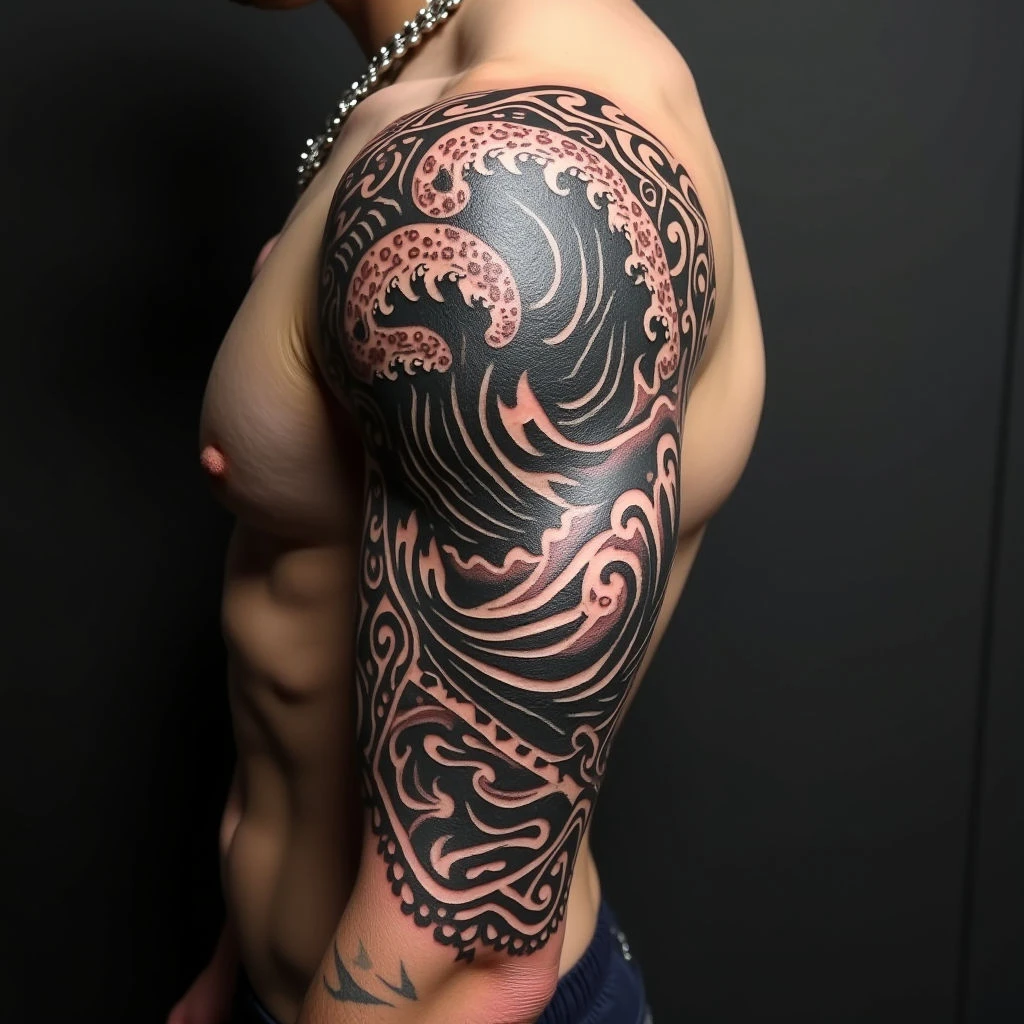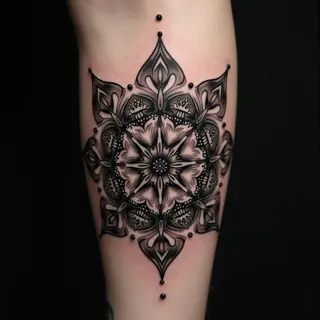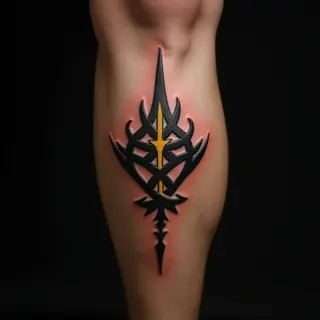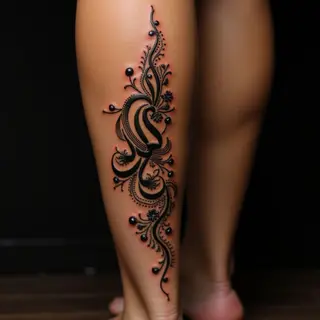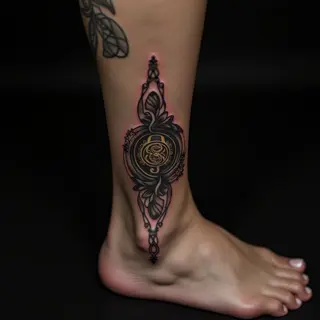The Enduring Story of Polynesian Tattoos
Polynesian tattoos aren’t just striking artwork—they're a profound statement about heritage, identity, and the journey through life. These designs draw from ancient traditions across islands including Samoa, Tahiti, Hawaii, Tonga, and Aotearoa (New Zealand), each carrying deep cultural weight.
A History Etched in Skin
Traditionally, Polynesian tattoos—called 'tatau'—were reserved for warriors, chiefs, and those who reached significant milestones. The process itself was a sacred ritual, often accompanied by chants and ceremonies. Every mark told a story about the individual’s lineage, accomplishments, social standing, and connection to their ancestors.
Understanding Key Elements & Symbolism
Let's look at some common motifs. They’re far more than just decoration; they represent core values and beliefs.
- Mana: Represents spiritual power and authority—a visible sign of influence.
- Tapa: Interlocking patterns symbolizing unity and family bonds, a visual representation of connection.
- Waves: More than just ocean imagery; they represent life’s journeys, the challenges we face, and the constant influence of the sea.
- Mountains: Symbolize strength, resilience—a connection to the land and a reminder of overcoming obstacles.
- Animals (Sharks, Turtles, Birds): Each animal carries specific meanings related to protection, guidance, and wisdom; it’s about finding your path.
Placement: It's Not Just About Aesthetics
The placement of a Polynesian tattoo isn't arbitrary; it’s deeply symbolic. Certain areas carry greater significance—the chest often represents strength, the arms showcase skill and ability, legs signify your journey, and the back connects you to family.
Respecting Tradition in a Modern World
While contemporary artists are evolving these designs, understanding their original meanings remains essential. If you’re considering getting a Polynesian tattoo, take the time to consult with a skilled artist who can guide you toward imagery that is both meaningful and culturally appropriate.
